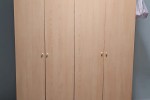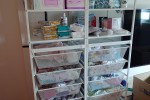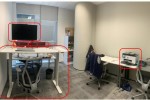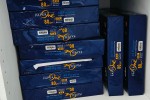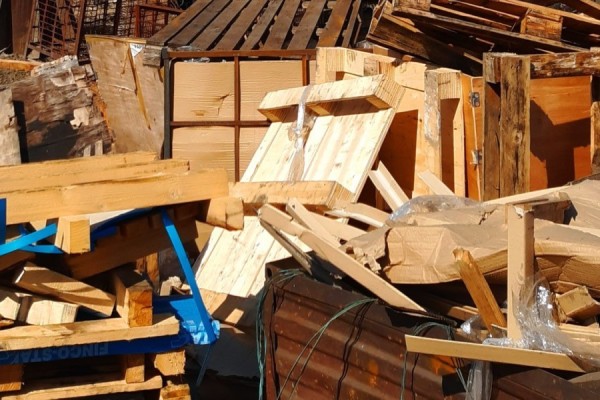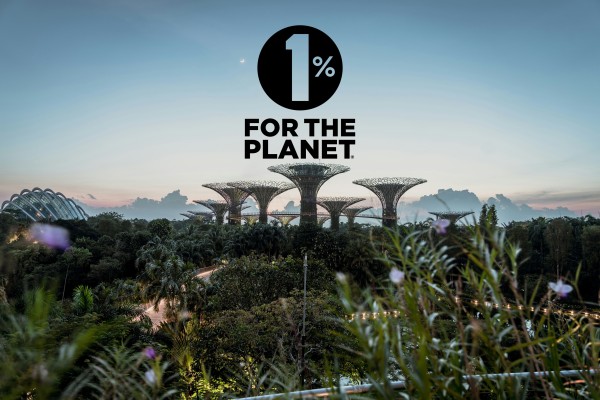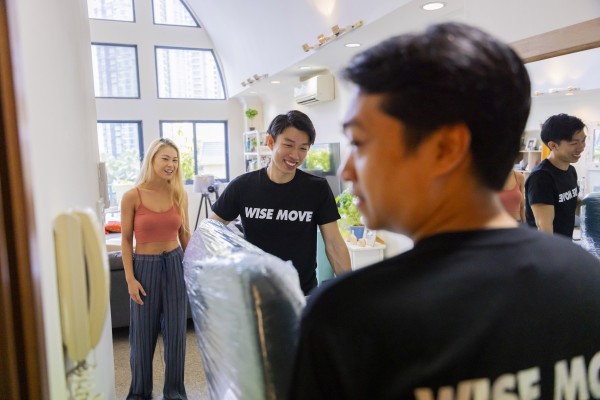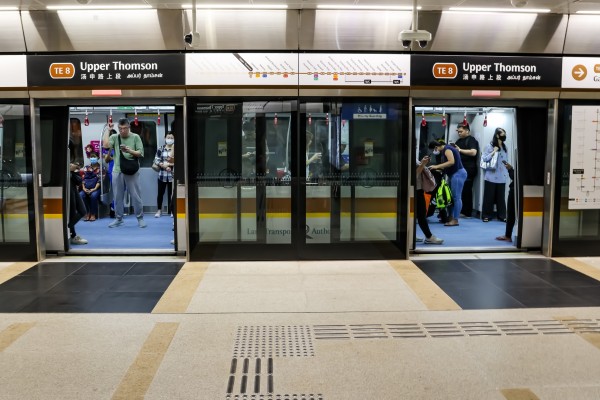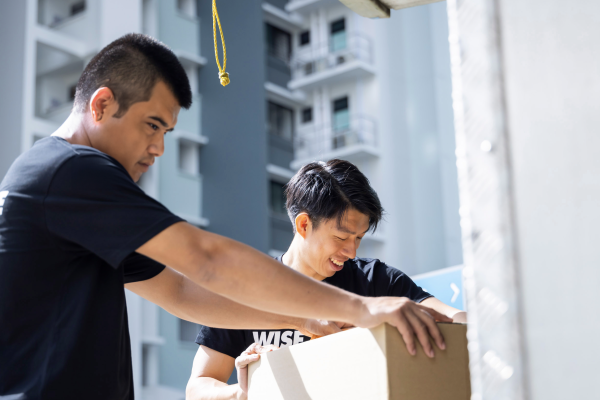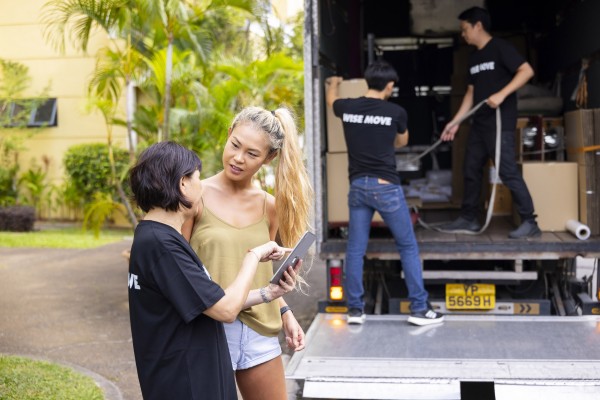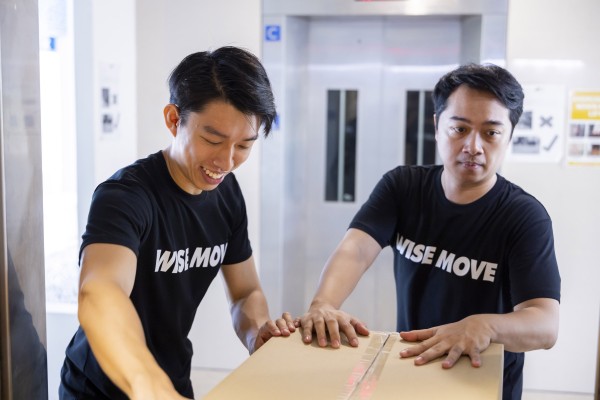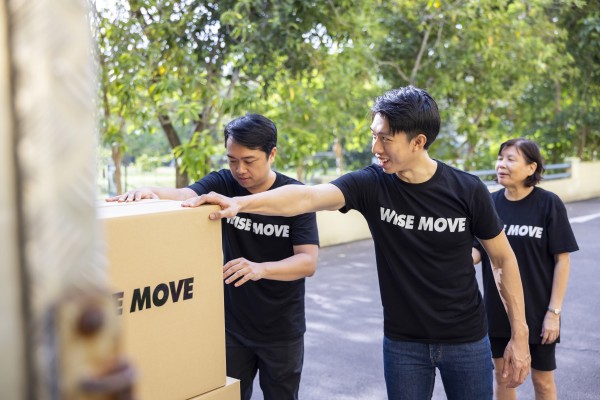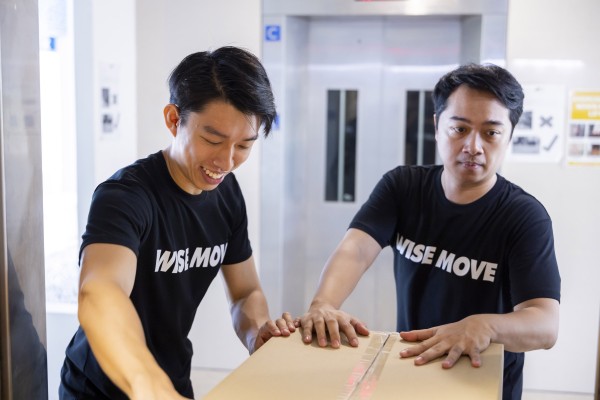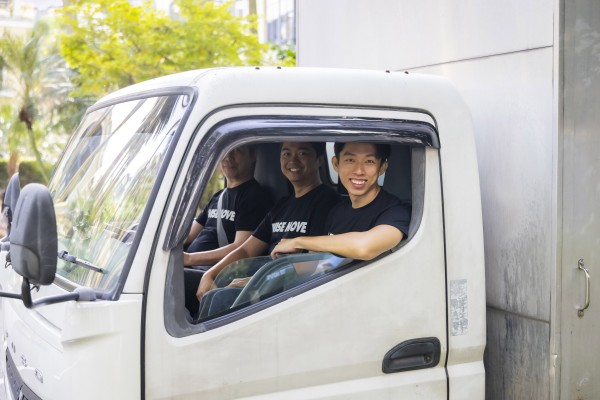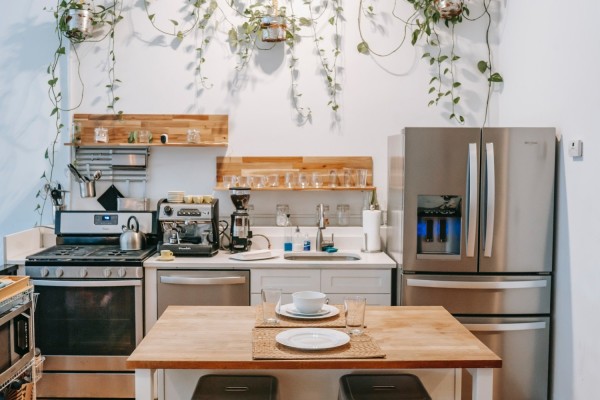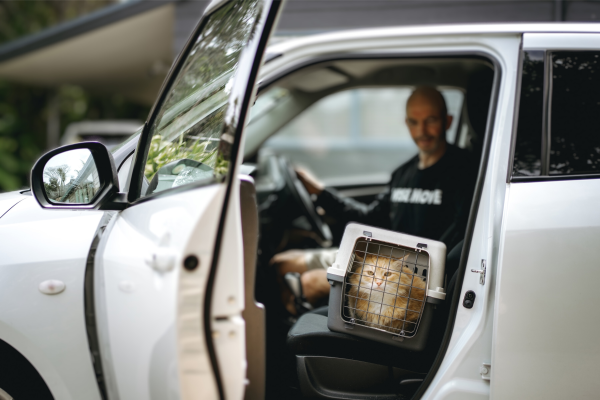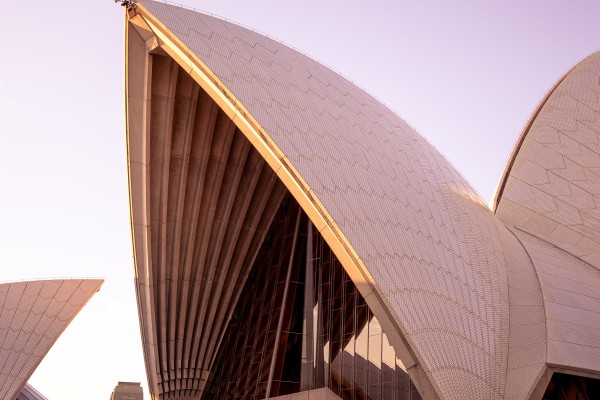Understanding Singapore’s Waste Management and Recycling System

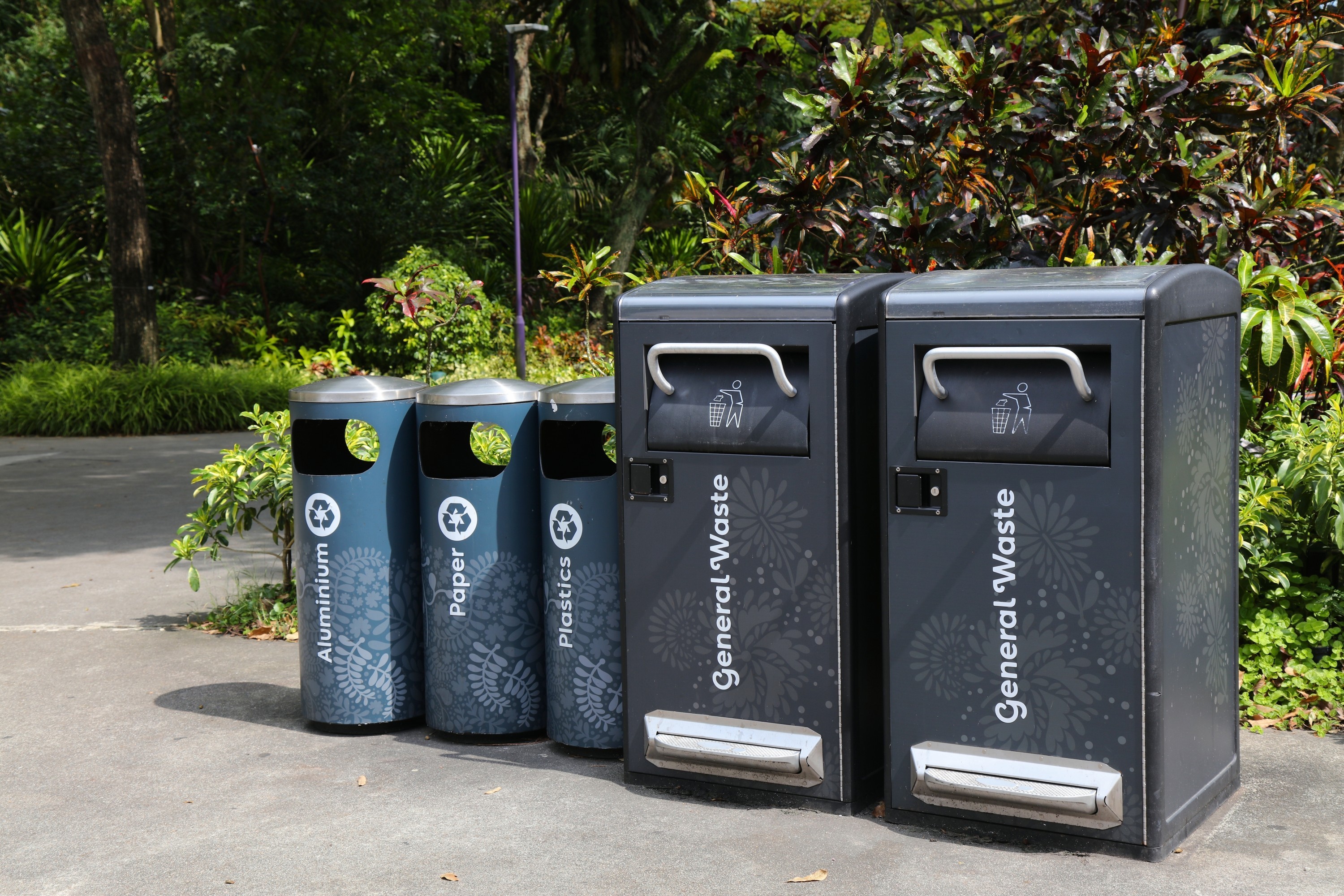
Sustainability is a big thing to us at Wise Move. Why? We believe that businesses can all do our part to conserve our Earth, in the midst of widespread climate change.
That’s why we annually contribute 1% of our revenue to the 1% For The Planet movement, to champion environmental causes we feel strongly about.
As individuals, our personal choices and actions also go a long way in protecting our planet from further harm.
Indiscriminate dumping of waste, for example, is a big contributor to greenhouse gases. And as we know, there's inevitably lots of waste that is generated when you move–think of all the cardboard boxes, plastic wrapping, and tape you get through.
Nonetheless, we can try our best to mitigate the negative effects of all the waste involved in our move, with proper disposal and recycling.
For starters, knowing what happens to our waste after we bin it would help us make more responsible choices that help minimise the footprint. After all, how we dispose of our waste and treat our recyclables is entirely within our control.
Firstly, what is solid waste?
As its name rightly suggests, solid waste is basically all unwanted materials that are solid in form. They can be made from anything, including cardboard, paper, wood, plastics, glass, metal, stone, textiles, and even food, and can come from anywhere.
Singapore has a very efficient solid waste disposal system in place to collect, treat, and dispose of all these various types of solid waste, in a way that maximises space and minimises environmental impact.
How much solid waste does Singapore produce annually?
Fact: Singapore’s economy has been growing rapidly for many decades now.
Also fact: Since Singapore successfully industrialised in 1970, the amount of solid waste generated each day has increased seven times, from 1,260 tonnes in 1970 to more than 8,000 tonnes in recent years.
According to Singapore’s National Environment Agency (NEA), about 7.4 million tonnes of solid waste was generated in 2022, which was an increase of 6% from the year before. This was reportedly the second consecutive year that the volume of solid waste produced has increased, and this is happening on the back of strong economic growth.
What this all means is that more solid waste is produced when the economy grows. It seems that it’s one of those things that simply can’t be helped.
While waste reduction is an aspirational goal that some countries like Japan have managed to achieve, we can do our part to dispose of our waste properly so that more of it gets recycled and reused where possible, to extend the lifespan of material things.
What happens to solid waste in Singapore?
In spotless Singapore, solid waste is handled by three private companies.
All three of these companies collect the bagged up waste at public rubbish collection points or designated trash bins in private residential estates, bring them to a central facility where they are sorted into three categories: incinerable waste, non-incinerable waste, and recyclable waste.
Most of the general waste generated by us on a daily basis can be incinerated. This includes paper, cardboard, food, and some plastics.
The items to be incinerated are sent to an incineration plant (there are four in Singapore), where they are burnt and turned from waste to energy to generate electricity in the process. Burning the waste turns everything into ash and reduces the initial volume by up to 90%, which is then sent to Semakau, the one-and-only landfill in Singapore located some 8km off the mainland.
Non-incinerable waste, which comprises items like bulky household appliances, explosive waste, construction debris, and toxic industrial waste, are also sent to Semakau to be buried.
Currently, about 2,000 tonnes of incinerated ash and non-incinerable waste are sent to Semakau on a daily basis. That’s about two cargo ships worth of waste being buried every single day!
Little wonder then that Semakau is rapidly filling up. The island, measuring approximately 650 football fields or 350 hectares–is already more than half-way filled, and is expected to be full in less than 10 years’ time; in 2035.
What are recyclables handled in Singapore?
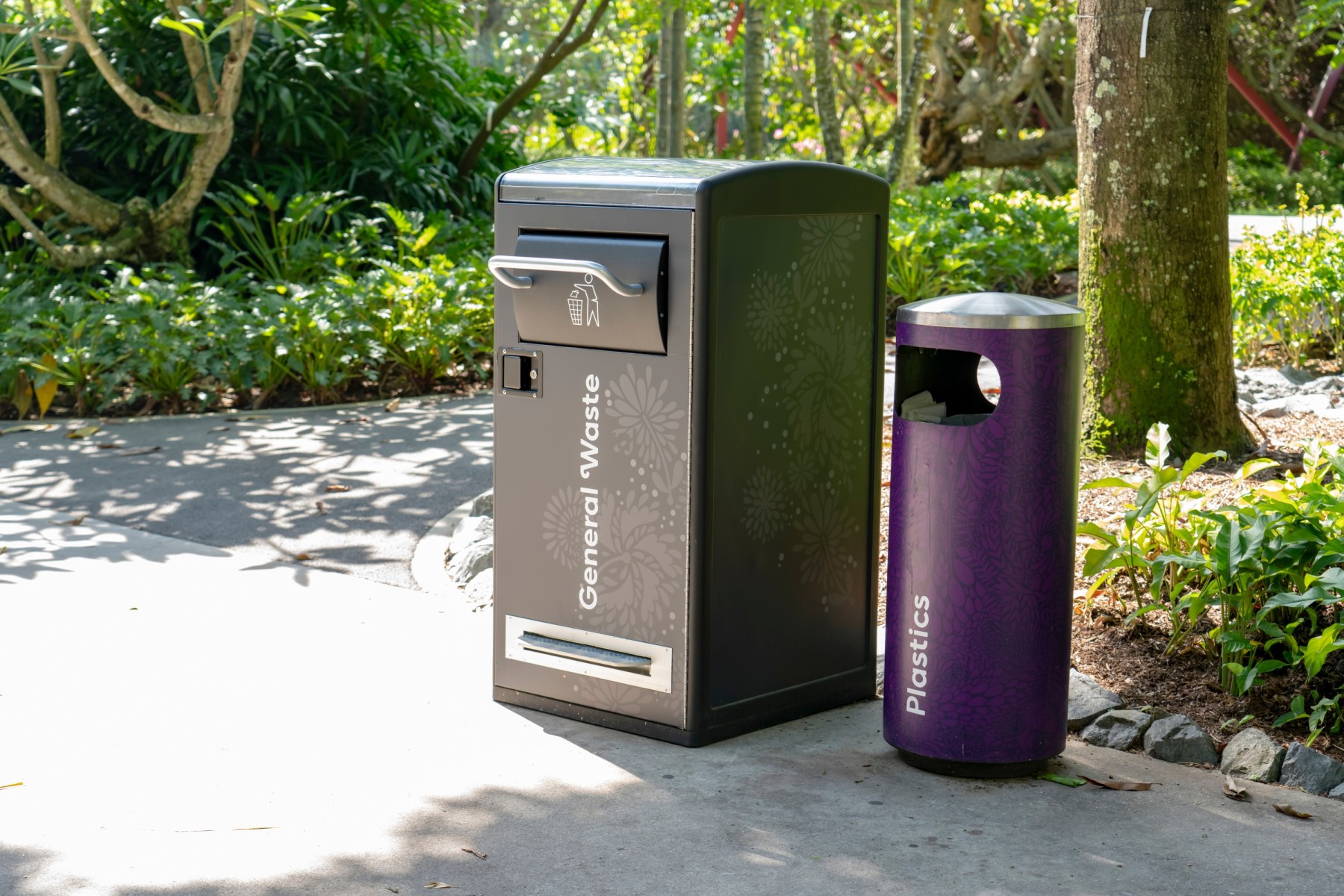
Out of the 7.4 million tonnes of rubbish produced by the 6 million people in Singapore, only about half was recycled.
The total percentage of rubbish being recycled annually is slowly but surely increasing, from 51% in 2021 to 57% in 2022–which is heartening to note.
Recyclable rubbish in Singapore includes paper, glass, metals, and some plastics. Since arriving in Singapore, you may have spotted recycling bins all around the island: the big blue bins at public and private housing estates, as well as the smaller and slimmer coloured bins that are clearly labelled according to materials such as paper and plastics.
Here in Singapore, recyclables are collected by dedicated blue recycling trucks, taken to a central facility to be sorted by workers, and sent to either local or overseas recycling plants.
Paper products will be shredded and turned to pulp, to be re-made into paper again.
Glass is sorted by colour, cleaned, crushed, and then melted down to form glass for new products.
Plastics are a bit trickier, because they have to be sorted into individual types of plastics before they’re crushed, melted down and cooled to make new sheets of plastic.
What can I do to recycle right?
Recycling may not be a big habit in Singapore, but it’s gaining momentum and we’re all for it.
Recycling takes lots of effort and resources–think of all the people and time needed to sort through all the rubbish to determine what can be recycled and what can’t.
And as individuals, knowing what can be recycled and what can’t, as well as what we can do to make our rubbish recyclable, would go a long way in helping to increase the recycling rates.
The key to preparing rubbish to be recyclable is to make sure they are clean and dry, with no food contamination. So if you’re attempting to recycle a milk carton, you’ll need to use a pair of scissors to open it up, wash it and dry it before putting it into the recycling bin.
Items that can be recycled:
-
Plastic and paper wrapping
-
Cardboard boxes
-
Plastic, glass, and paper bottles that are clean and dry
Items that cannot be recycled:
-
Tissue paper and kitchen towels
-
Toys
-
Straws
-
Pizza boxes
-
Food packaging
-
Pyrex cookware and bakeware
Lots of the trash generated in a move can be recycled, so do make it a point to put them into the recycle bin!
Check out this guide for more tips on how to recycle right.
What can I do to reduce my waste in a move?
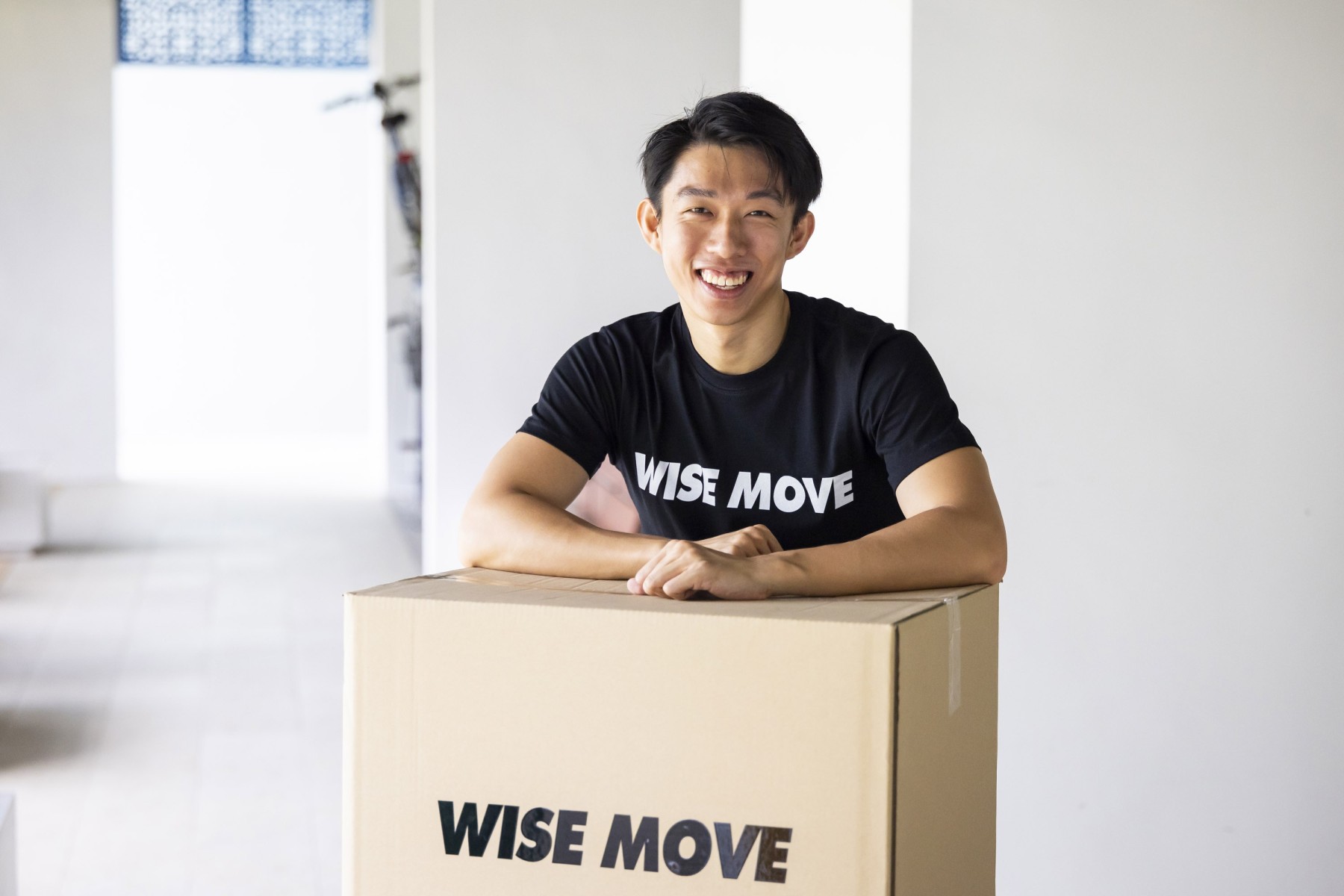
Moving generates lots of waste. It’s practically inevitable.
Boxes, plastic wrap, packing material, and tape are just some of the rubbish you end up with after you move.
While lots of these can be recycled, you can help the environment even more by reducing the amount of materials used.
Here are some quick tips to help you reduce your moving waste:
-
Give away, donate, or sell unwanted things before your move, so you have less stuff to move, and you’ll also end up using less packing supplies. The fewer items you move, the less waste you’ll produce.
-
Try to use reusable boxes or materials in your move. Buy fewer cardboard boxes from your mover if you have plastic boxes that you can use to store your stuff, as they can be repurposed to store things in your cupboards at home. Old quilts, towels, or even clothing can be used as packing materials too.
-
Clear your fridge out the week before moving with well-planned meals then close your kitchen thereafter, to reduce food wastage.
Wise Move is committed to paving the way to a more sustainable way of moving and living. Right now, our moving drivers maximise their loads while minimising their journey time and vehicle emissions. Many of them also take on moving work through our platform as backloads–which are delivery jobs they take on during planned return journeys on other delivery jobs.
What do our customers say?
